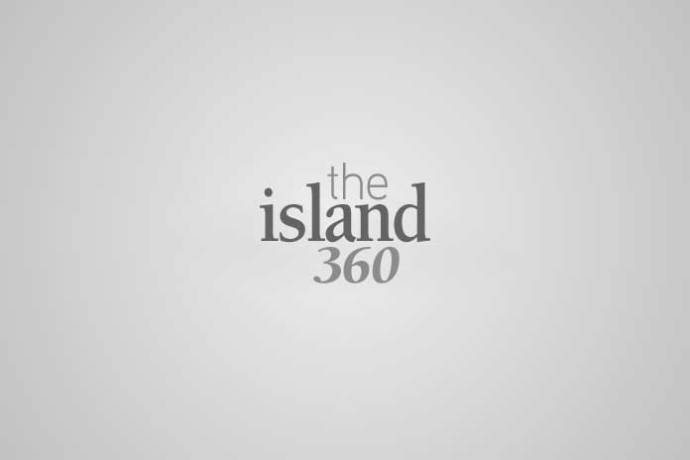As we know all too well, death is a natural and certain part of life.
Saying goodbye to a loved one may range from difficult to devastating, no matter how complicated a relationship we may have had with them. Whether you have had the personal experience of cleaning out the belongings of your own loved ones who have passed or have helped those going through the process, you know how challenging it can be, often made more so by the unique dynamics of or conflicts present within families.
When we leave this earth, we don’t necessarily know how those we leave behind will manage and mourn us. We can’t always protect them from the emotional burden of our loss, but we can do them the enormous service of lessening their physical burden.
At the end of life, one’s assets typically end up the subjects of an appraiser’s spreadsheet, resigned to the attic of a family member, or ultimately, in the trash. It is rare that the things we held onto in life with such a fierce grip will have the same meaning or value (monetary or otherwise) to others, so it’s a selfless gift to consider our heirs while we acquire those things.
Consider implementing the following tactics and practices into your daily life that will ultimately serve to protect your loved ones and allow you to focus on what truly matters.
Take stock of your belongings. Whether you live in a single house, across multiple houses, or have items spilling into storage units, take some time to assess everything you own. If you have items in storage, ask yourself why they’re there.
Are you saving them for someone? If so, ask that person if they want those items. If neither you nor they have any interest, donate or sell the items, stop spending money on storage costs, and save your family members from the grueling and guilt-ridden process of having to decide what to do with those items once you’re gone.
Think about more than just yourself when you make purchases.
Honestly ask, “Is this something I truly love, need, and will use? Or will it be just another item that someone else will have to make a decision about when I’m gone?” If it’s the latter, save yourself the money and space, and save your family members from having to try to figure out if this item is something they should hold onto and then burden the next generation with.
Create a will and be as specific as possible. Don’t make verbal promises that the executor of your estate can’t keep.
Steer clear of categories that leave too much to interpretation and would necessitate the hiring of outside parties to properly distribute your assets. If you are leaving the contents of your home “equally” to more than one person, try to outline which items go to which people, eradicating the need for someone to come in and place a dollar value on every item you’ve ever owned.
Remember that an item is ultimately only worth what someone is willing to pay for it, so as valuable as you believe that set of teacups is, it may only yield a profit of $25, costing far more than that in the time and resources it took to value and sell it.
Spend money on experiences. The most valuable things we can pass down are memories. In spending our time and money on experiential pursuits, and in sharing those pursuits with loved ones, we are passing down something that money can’t buy, and in doing so, avoiding the acquisition of items that will ultimately cause stress, decision fatigue, and further expended resources.
Samantha Karp Weitzman, Esq. (@thewellcuratedcloset) is a licensed attorney and property and casualty insurance broker with a passion and affinity for efficiency and frugality, achieved through home organization.

